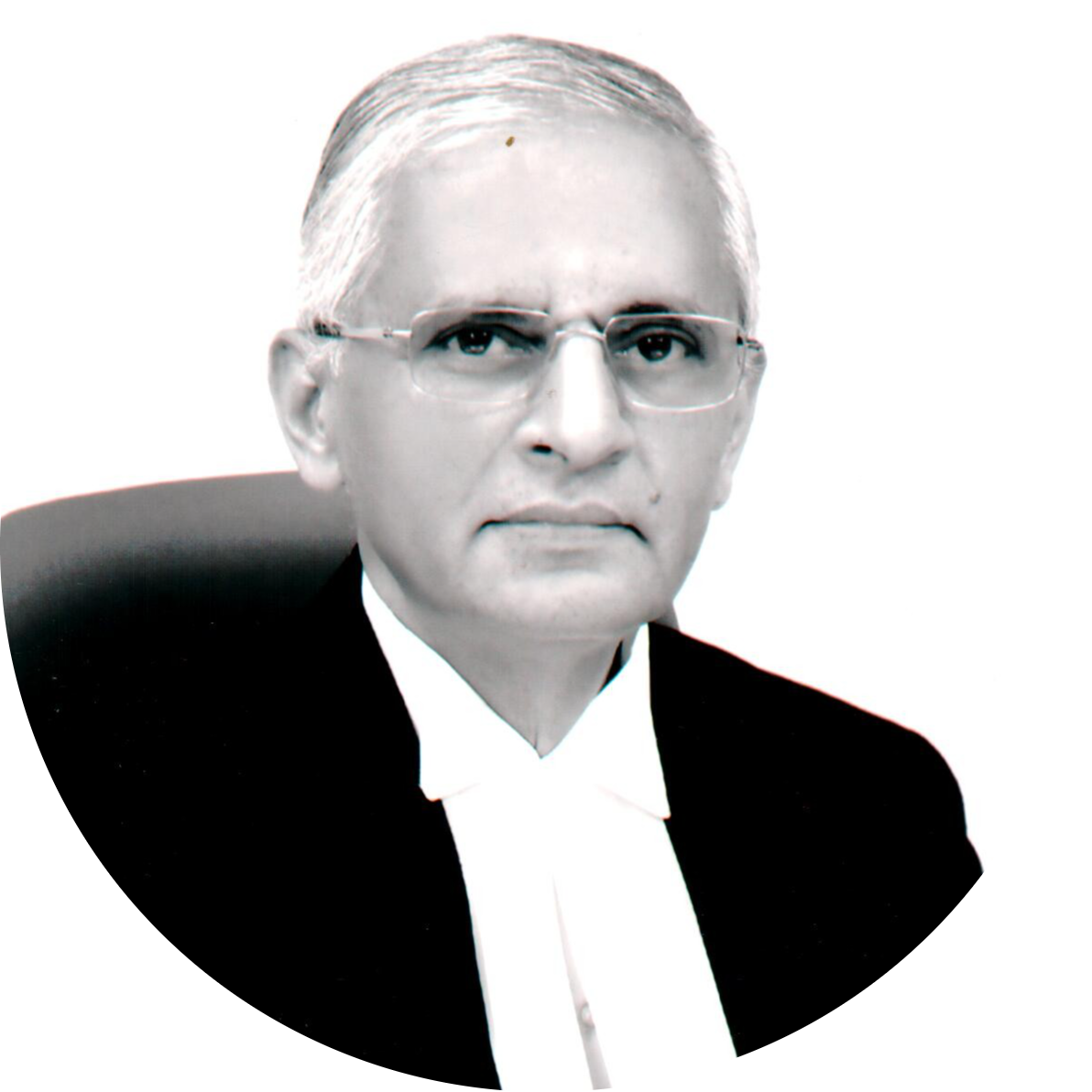Constitutional Rights of Overseas Citizens of India
Dr. Radhika Thappeta v Union of India
The Supreme Court will decide whether Section 7D of the Citizenship Act, 1955, and government schemes enacted under the Section, violate the constitutional rights of Overseas Citizens of India.
Pending
Parties
Petitioner: Radhika Thappeta
Lawyers: Srishti Agnihotri, R. Venkataramani
Intervenor:
Lawyers: Vikas Singh
Respondent: Union of India
Lawyers: SG Tushar Mehta; ASG Aishwarya Bhati
Case Details
Case Number: WP (C) 1397/2020
Next Hearing: April 8, 2024
Last Updated: April 7, 2024
Key Issues
Does Section 7D of the Citizenship Act, 1995 grant the Government arbitrary powers to revoke an individual’s OCI Status?
Case Description
Section 7 of the Citizenship Act, 1955 recognizes foreign passport holders who are related to India by birth or parentage as Overseas Citizens of India (OCIs). The OCI category facilitates visa-free entry, employment, and business opportunities for this group of foreign citizens without requiring them to give up their foreign citizenship. Following an amendment to the Act in 2015, OCIs are not citizens of India, and accordingly do not enjoy citizenship rights such as voting, contesting public elections, and reservation in public employment.
On 4th March, 2021, the Ministry of Home Affairs (MHA) issued a notification in exercise of its powers under Section 7 of the Citizenship Act, 1955 to specify the rights and obligations of OCIs. Many OCIs took issue with Clause 4 of the notification, which does not allow OCIs to seek employment in a number of fields without approval from the Reserve Bank of India.
In April 2021, following this notification, a group of 80 OCIs filed a petition before the Supreme Court challenging the validity of Section 7D of the Citizenship Act, 1955. Section 7D empowers the Government to revoke the OCI status of a person on certain grounds, including if they express disaffection towards the Constitution, or in the interest of sovereignty and integrity of India. The petitioners argue that this affects their right to freely raise grievances with public officers, even though they reside and pay taxes in India. They also state that they are disentitled to seek information under the Right to Information Act, 2005. The case of the petitioners is that the unchecked discretion afforded to the Government by Section 7D is arbitrary.
A bench composed of CJI S.A. Bobde, and Justices A.S. Bopanna and V. Ramasubramanian have issued notice to the union government to respond to the concerns of the OCIs.


